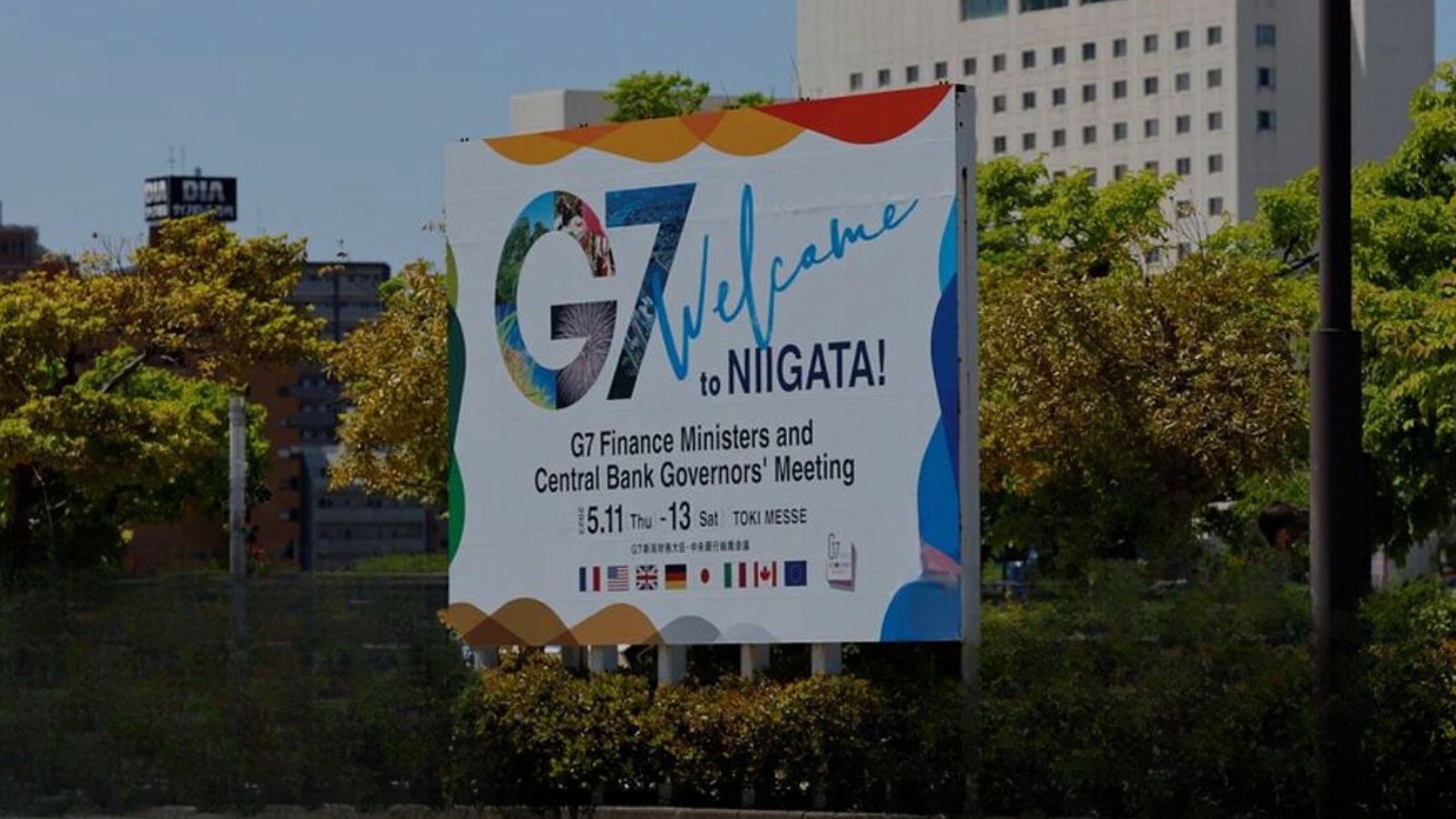Leaders of the G7 will gather for the annual summit in Hiroshima this weekend May 19-21. The meeting is likely to be dominated by the Russia war, inflation, energy transition as well as tensions with China.
The G7 Climate, Energy and Environment Ministers met on April 17th and agreed to accelerate the phase out of unabated coal power, increase the scale and deployment of renewables and ‘predominantly’ decarbonize their power grids no later than 2035. Ministers also agreed to cut demand for gas as a primary response to the energy crisis but they failed to agree to a deadline to phase out coal. Any agreements reached by Ministers earlier could change when the G7 leaders themselves meet face to face in Hiroshima.
The final outcomes of the summit are likely to influence climate and energy policy discussions at the G20 in India in September as well as UN Climate talks at COP28 in Dubai in November.
Here are four things we know so far:
On expectations and commitments for the G7 to meet 1.5c.
Ministers agreed to accelerate the phase-out of unabated fossil fuels in order to achieve net zero in energy systems by 2050. They recognise that the fossil fuel sector must achieve the fastest and deepest emissions reductions to reach 1.5 and “reduce the likelihood of reaching climate tipping points”. They fell short on providing an update on the phase out of ‘ínefficient fossil fuel subsidies’ which the group pledged to achieve by 2025. Japan’s attempt to promote ammonia co-firing as a form of clean technology in the power sector domestically and in Asia via the Asia Zero Emission Community (AZEC) was also degraded by the rest of the group.
“The G7 must clearly state how they intend to keep the 1.5°C limit alive. G7 leaders must not fall short of issuing a clarion call to action on the climate crisis. It’s a crisis and accelerating the shift away from fossil fuels and towards clean energy is what will strengthen energy security, and bring down soaring energy costs.”
Mary Robinson, Chair, The Elders
G7 under pressure to avoid backtracking on gas
The ministers last month agreed to cut demand for gas as a primary response to the energy crisis. Ministers avoided saying that gas should be used as a transition fuel- this is something they agreed to last year. Instead last month they agreed that gas demand must be reduced and the countries must strive for energy efficiency.
In a shift from last year, the text from last month said new gas investments “can” help address potential shortfalls in energy but that they were not a necessity.
“Gas plays a crucial role in this debate, and what we hear so far is that Germany and Japan, jointly tried to open the door, and the G7 text to allow more gas investments. The main concern for Germany is energy security, and loss of potential industries, as Germany has developed extensive plans for LNG terminals that will receive public finance.”
Christoph Bals, Policy Director, Germanwatch
Renewables goals
Last month the ministers agreed to a breakthrough acceleration in solar and wind energy signalling a massive boost for renewable energies. This means- collectively increasing offshore wind capacity of 150 GW by 2030 and solar PV to more than 1TW by 2030. This connects to the deprioritization of gas, coal and fossil fuels in a bid to limit global temperatures rises to 1.5.
“G7 leaders must walk in the talk. If they’re going to call on the developing countries to join them in keeping 1.5 alive, they’ve got to show they’re doing their share. They’ve got to lead in creating a a global energy clean supply chain that builds resilience into the system, benefits workers and local communities and accelerates the transition towards the clean energy economy across the world.”
Alden Meyer, Senior Associate E3G
Decarbonisation
Ministers committed to “predominantly” decarbonise their power sector by 2035 but. environmental campaigners say that this does not go far enough and that leaders must agree to “fully” decarbonise their power sector. Many also argue that the G7 must set out a deadline for the phase out of coal.
“Japan is seeking to push its green transformation agenda through the G7, promoting unproven technologies like mixing ammonia with coa, and seeking to export these technologies across Asia. G7 leaders must rebuff this, as the ministers did last week as it risks derailing the energy transition in Asia, as well as efforts to keep 1.5 alive within reach. It also doesn’t fit with the efforts made in Indonesia and Vietnam to get them off coal”
Mary Robinson, Chair, The Elders
“The reality is the fighting climate change and rapidly decarbonizing the global economy can be a solution to the multiple policrises facing the world, at once. Obviously it’s a solution to the climate crisis. But it’s also a solution to the economic instability and uncertainty crisis. By creating millions of jobs and lowering energy prices, it’s also solution to the energy security crisis and the kind of instability we’re seeing in Europe now because of Russia’s war on Ukraine. It’s a solution to the debt and supply chain crisis, affecting multiple, developing countries.”
Alden Meyer, Senior Associate E3G





